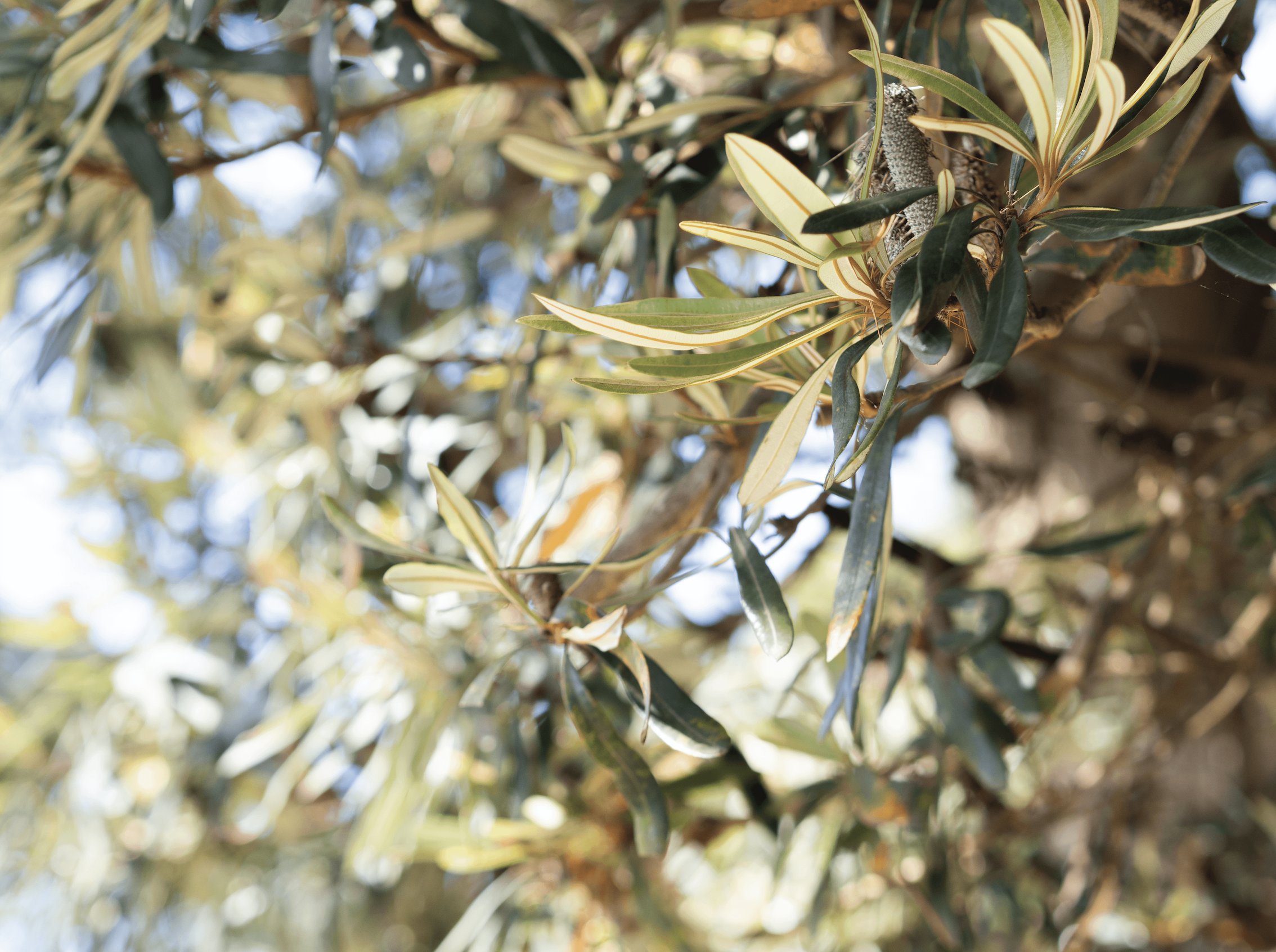
Not a Single Buzzword was Spoken
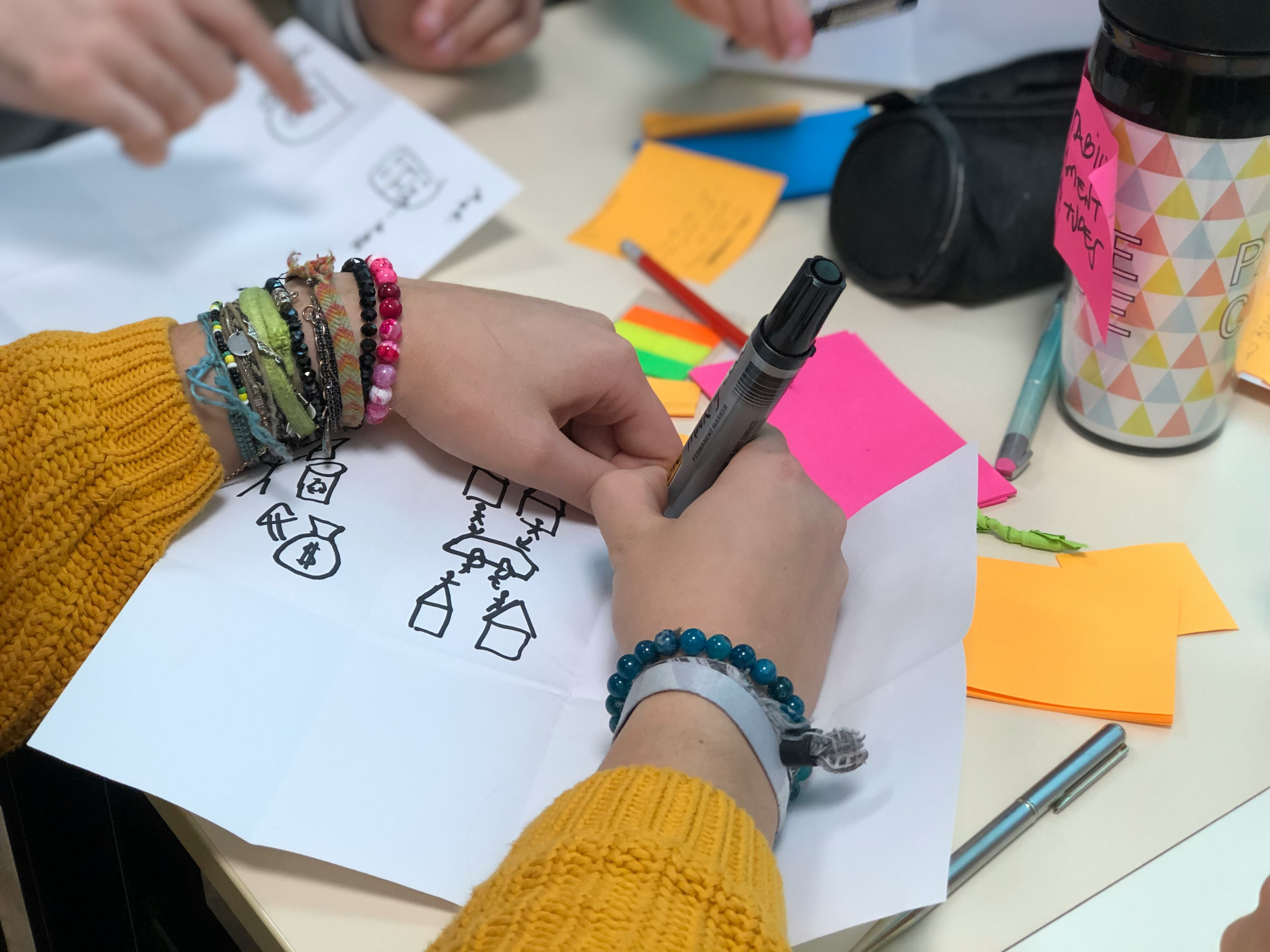
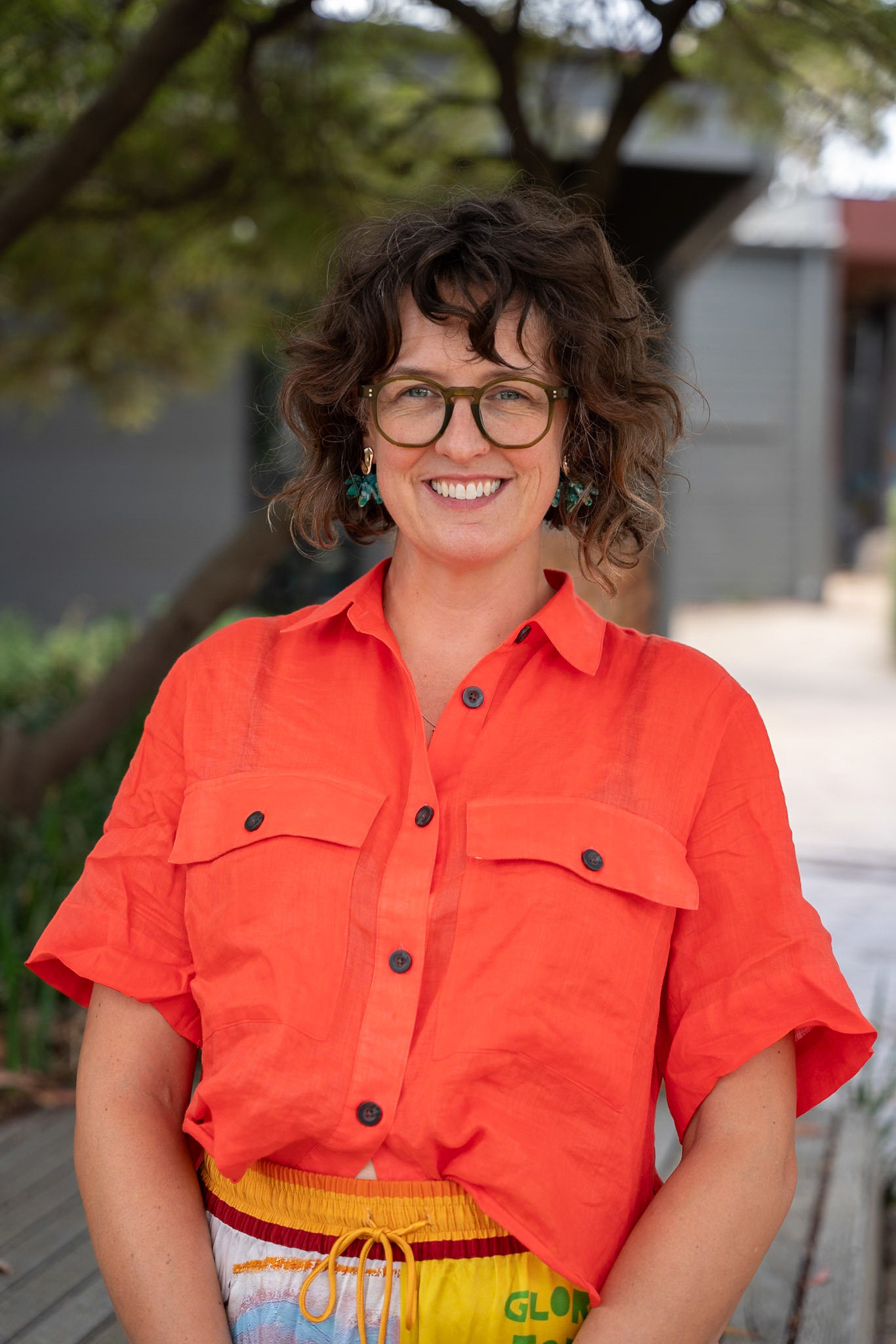
Share this article
Teachers love to learn; in fact, some might say we are passionate about it! We love a new concept, a new thought-provoking medium to engage our students, or a means to assess work in a new framework. But more than this – and more than we like to admit – we love a fresh buzzword.
Experiential learning, Inquiry-Based Learning, Explicit Instruction, Metacognition, Constructivism… anyone?
We incorporate these terms into our lessons, hoping to enthral our students with our new, keen knowledge and high-level enthusiasm.
Um...
The message is often missed. Our vivacious energy lost to a swirl of new words, different lingo and updated, fancied documents. ‘Compassionate Systems’, the cornerstone of our Homestead structure, was in danger of being lost in the cyclone of such words and themes.
At its core, Compassionate Systems provides a charter for students and teachers to collaborate and involve themselves in their learning environments and experiences. So, we asked the question: why can’t we do that without the floral terminology?
Turns out we can. During a Homestead session, 60 Year 7 to 9 students arrived in a room with 16 square desks, a stack of A3 paper, and a list of mixed-age names.
In small groups, they discussed their learning spaces.
As teachers, we listened.
As a Homestead, we shared.
Students spoke about what works well on the walls. We listened to what they feel is messy. We waited while they discussed their experiences in their different rooms and ultimately discussed, in great detail, what they expect their Homestead and themselves, as part of that, to represent.
As teachers, we then presented the difficulties we encounter in our everyday teaching – the missing equipment, isolated students and classroom interrupters. Students replied with what they could do to help, offering insightful conclusions and some simple solutions. Together, we shared with our groups, jotting down ideas, before the students presented their results to the Homestead, respectively listening and giving words of encouragement and advice.
This was Compassionate Systems and ‘Generative Fields’ at its absolute best, shining brightly through systems thinking and social-emotional learning. We embraced a mindset that was recognising the interconnectedness of people and shared systems, shaped by collective intention and action.
Yet not one buzzword was spoken. Not a single fancied framework was provided. No cascades of confusing imagery or similar similes. Just a bunch of tutors and a group of students, striving to better our classrooms and learning relationships.
And that’s what Compassionate Systems actually means. It is a real-life understanding that we all have a role to play in creating change. It’s a framework for shaping different ways of living with different outcomes for our future.
And that can only be good.
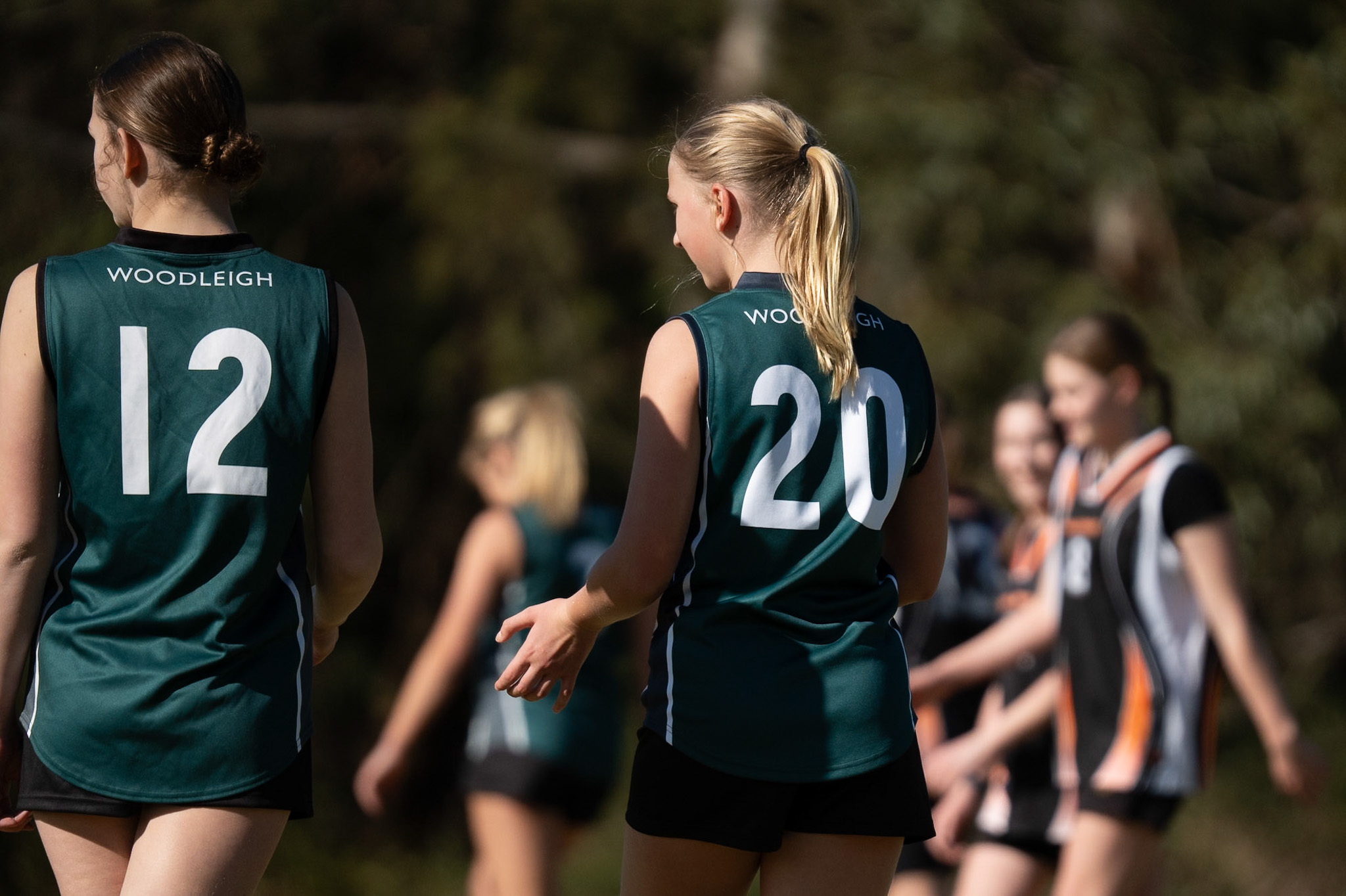
Come and see what all the fuss is about.
You're just a couple of clicks away from registering for a campus tour or an enrolment information evening...
Keep reading
More articles from Woodleigh School
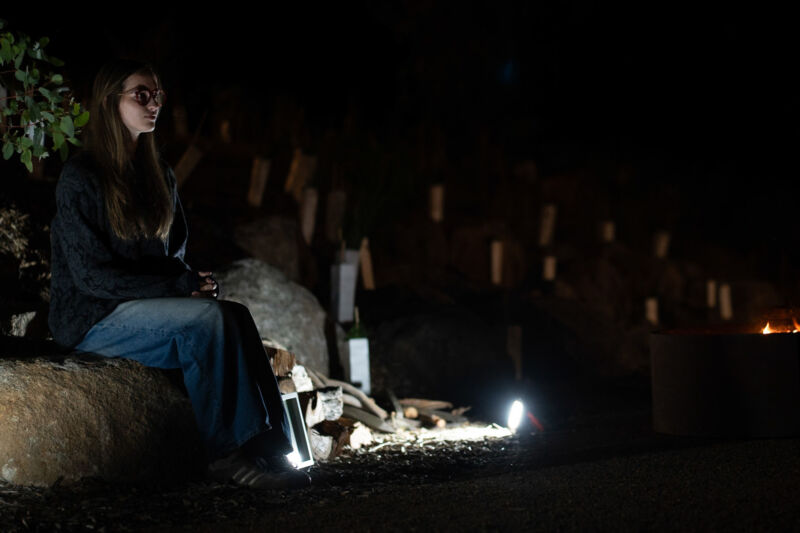

Communications Coordinator
Dropped into the desert. No teachers and no phones, all they have is each other. They carry what they need, sleep under the stars, walk, talk, sing, reflect and spend time alone. Quiet is the modern Rite of Passage.
Continue Reading

Director of Wellbeing
Can neuroscience explain why Woodleigh works? Yes, yes it can.
Continue Reading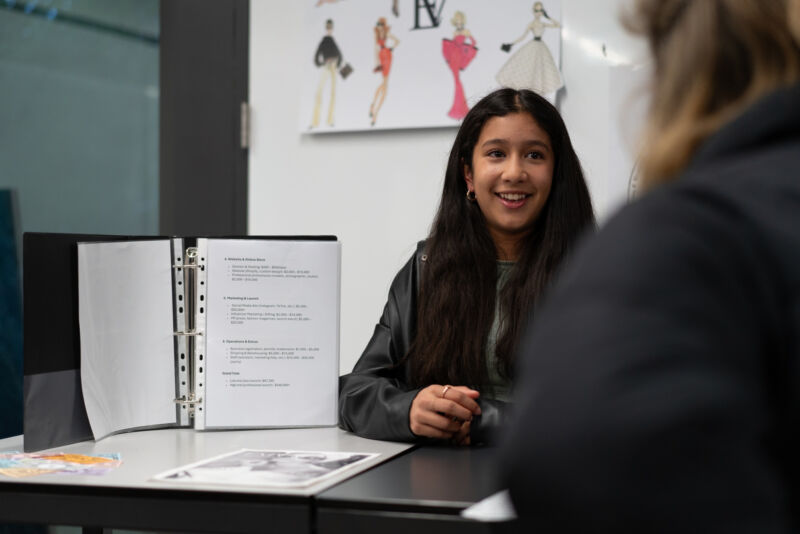

Principal
As students call for change, Victoria’s VCE system, currently under review, faces a pivotal moment.
Continue Reading